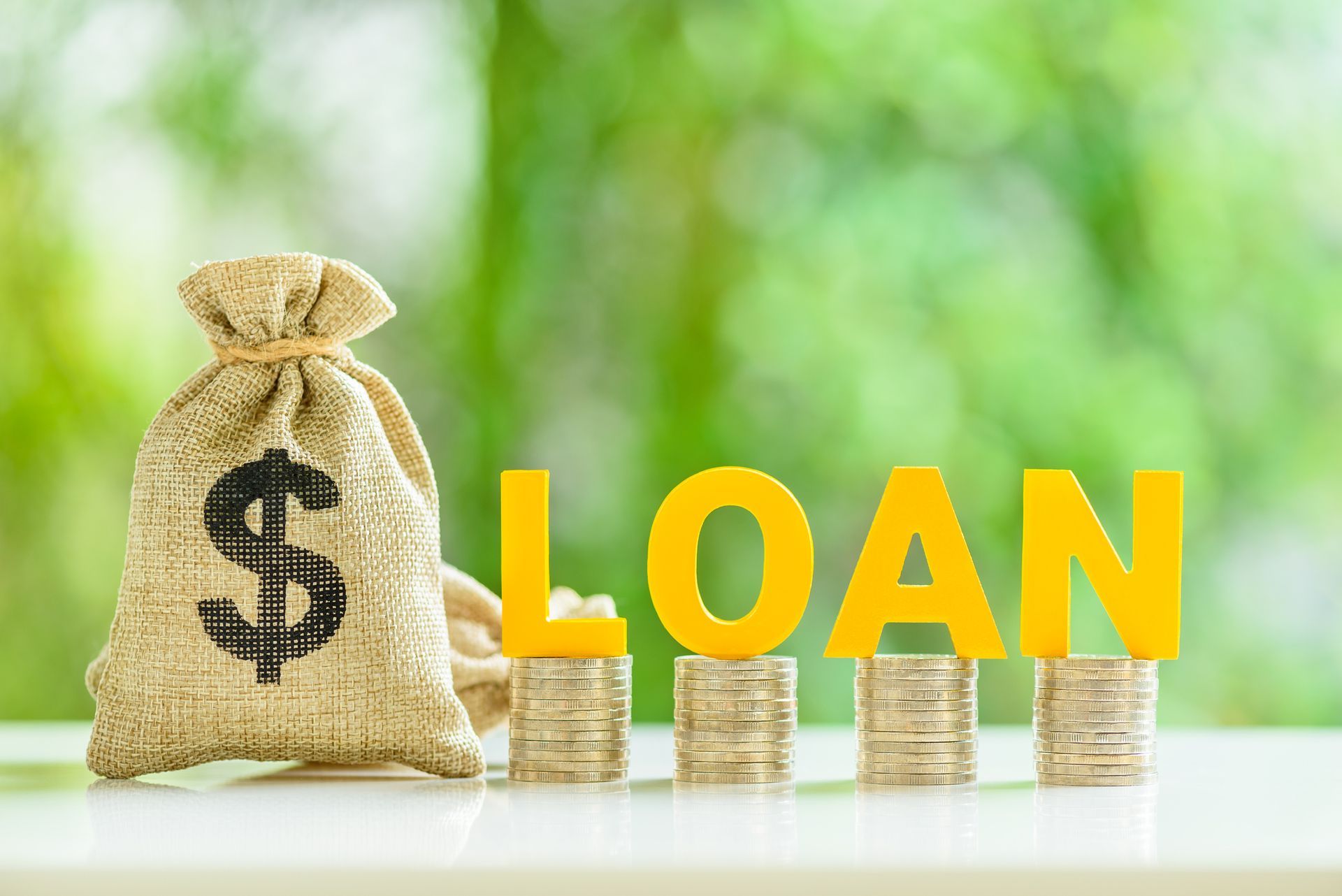Understanding Loan Refinancing: Key Benefits for Borrowers
Refinancing an installment loan involves replacing an existing loan with a new one, often under different terms. This financial strategy can provide a multitude of benefits, ranging from lower interest rates to improved cash flow. Understanding the benefits of loan refinancing is crucial for those looking to improve their financial situation.
Reduced Interest Rates
One of the primary motivations for refinancing is the potential to secure a lower interest rate. Borrowers may be able to find opportunities to refinance loans at significantly reduced rates. This reduction not only lowers monthly payments but also decreases the total amount paid over the life of the loan, leading to substantial savings.
Altered Loan Terms
Refinancing can allow borrowers to adjust their loan terms. They can choose shorter durations for quicker debt payoff or extend terms for lower monthly payments. This flexibility lets individuals customize loans to match their financial needs and future plans more effectively.
Consolidation of Multiple Loans
For those juggling multiple loan payments, refinancing provides an opportunity to consolidate these debts into a single loan. This consolidation makes financial management easier by reducing the burden to a single monthly payment. It can also lead to more favorable interest rates and terms compared to managing multiple loans with different rates and schedules.
Enhanced Cash Flow
Reducing monthly payments through refinancing can free up cash for various purposes. This newfound financial flexibility opens up opportunities such as investing in home improvements to enhance your living space, expanding a business to reach new markets and customers, or bolstering personal savings for future financial security. Refinancing empowers individuals to optimize their resources and make strategic financial decisions tailored to their goals and aspirations.
Fixed vs. Variable Interest Rates
Refinancing also presents an opportunity to switch between fixed and variable interest rates based on one's risk tolerance and financial outlook. A fixed-rate loan offers predictability with consistent payments over the loan's lifetime, which is helpful in budget planning. On the other hand, a variable-rate loan might start with a lower rate than fixed-rate loans, offering initial savings and the chance to benefit if rates decline further. Refinancing can allow borrowers to choose the option that best aligns with their financial strategy and risk preference.
Improved Credit Score
Reducing installment loans can have a positive impact on an individual's credit score. Refinancing at a lower interest rate or with more favorable terms makes it easier to make timely payments and lower debt quickly. This could ultimately end up improving your credit score in the long run.
Potential for Cash-Out
Cash-out refinancing is another option where borrowers can take out a new loan larger than their existing one, obtaining the difference in cash. This approach can be particularly useful for individuals looking to cover major expenses, such as home renovations or funding education, while still potentially benefiting from lower interest rates.
Considerations Before Refinancing
While the benefits of refinancing are clear, it is crucial to consider associated costs, such as prepayment penalties on the existing loan or fees for the new loan. Furthermore, understanding personal financial goals and the current economic environment is essential to make an informed decision. A thoughtful analysis will ensure that refinancing contributes positively to one's financial trajectory.
Refinancing an installment loan offers various advantages, including lower interest rates, flexibility in loan terms, debt consolidation, and improved cash flow. By carefully weighing these benefits against potential costs and considering personal financial objectives, borrowers can make strategic decisions that help their financial well-being. For more information about refinancing an installment loan, contact us today. In a landscape marked by changing economic conditions, informed choices regarding loan refinancing can pave the way toward financial stability and success.









